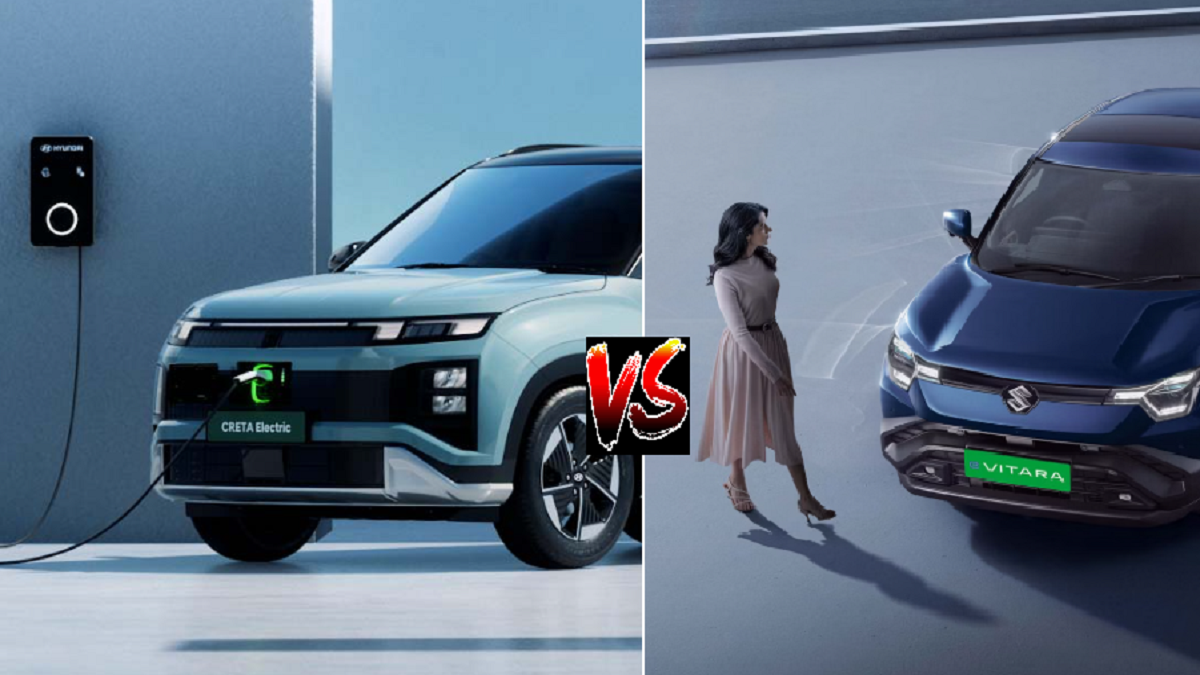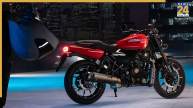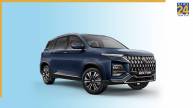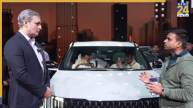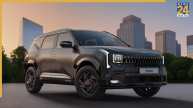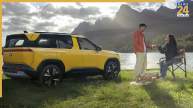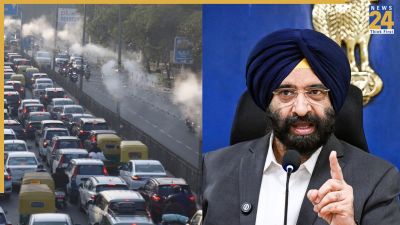Bharat Mobility Expo has changed the overall dynamics of the Indian EV market. Users who have been seeking to buy a new EV SUV now have endless choices to choose from. The buyers now has to make a choice between two of the most prominent manufacturers a Suzuki or Hyundai. Which one should you choose if you want a EV SUV/ We compare the specs of both the vehicles.
Suzuki E-Vitara Range
Suzuki has managed to produce 500 km range form the E-Vitara. Beyond that Suzuki has tested the vehicle in 60 degree heat as well as – 30 degree winters to ensure that range is not lost due to temperature issues. The car would have 6 airbags as standard keeping the advanced safety protocols in in perspective. Suzuki has further taken car of the safety features by adding an extra airbag for the knee area of the front passengers. Beyond that the car would have Level tow ADAS safety protocol to help the vehicle receive high safety rating. While Suzuki has not revealed the prices, the expected pricing of the car could be around 21 lakh Rs to around 30 lakh Rs. Beyond that Suzuki has shared plans about how they would be manufacturing the vehicles in India and exporting them world over.
E-Vitara Interior Specs
The new vehicle would have a Twin Deck floating console, seamless integrated display along with a rotary shift dial for choosing between 3 driving modes such as ECO, Normal and Sport. better control of all your drives. Beyond that the car would have a sound system that has been derived from Harman Kardon, along with ventilated seats up front. Suzuki has taken care of all functionalities that drivers would need and hence the car would have 10 way powered driver seats.
The car has been developed using Suzuki’s new Heartect-e platform that would provide the vehicle with unmatched strength, leading to a 5 star rating.
The car would be powered by the same 49 as well as a61 kwh battery pack as revealed by us earlier with a e axle at the rear for AWD capabilities. Beyond that because the car adhered to ADAS level two protocols the car would have features like autonomous emergency braking, lane keep assist, Adaptive cruise control etc.
Specifications Of The Car
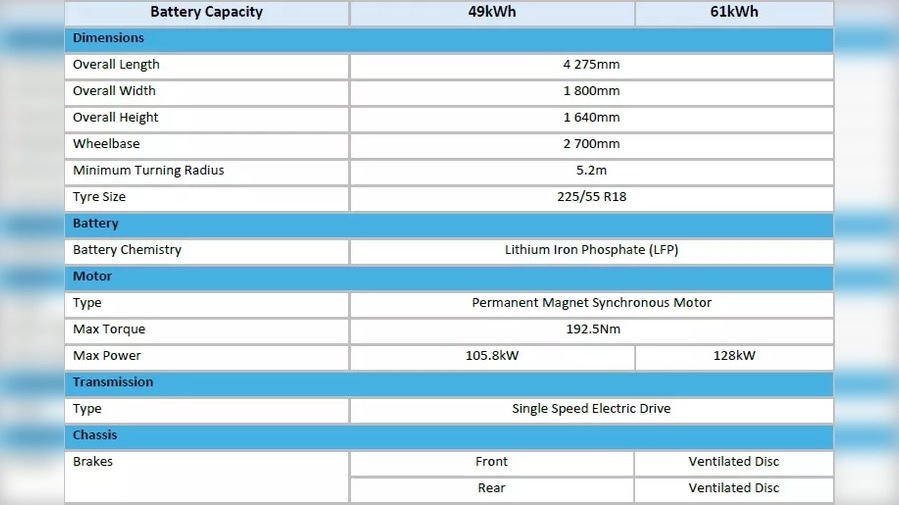
As per the revealed chart the car would be made available with two battery packs a 49 KWH option as well as a 61 KWH option. The 49KWH 2Wd version would be powered by a motor with 105.5 KW output. Beyond that the 61 KWH battery pack would be made available with a 2wd as well as a 4wd version in the European market. The 2 WD version would be powered by a 128KW output motor, while the 4wd version that has been released in Europe would have a 128 KW as well as a 48 KW motor working in Tandem- The total output of the 4WD version would be 135kW. The maximum Torque of the 2WD version with both the battery packs would be around 192 nm, the power output of the vehicles would be around 185ps.
Hyundai Creta Electric
Hyundai has revealed a lot about the car through their official website. Since booking has commenced Hyundai has revealed about the variants, color options and other information’s to help the users in making a informed choice while booking the vehicle. Hyundai has also shared plans of profound indigenization where they would start producing about 1200 key components necessary for their Ev vehicles in India. Such plans would help the local market gain prominence in export markets as well where the goods are exported to.
Hyundai Creta Electric Variants?
Hyundai has brought the Creta Electric in five trim levels namely – Executive, Smart, Smart(o), Premium and Excellence. It would be beneficial for the interested customer to know that the car would be offered with two battery packs. A 42 KWH battery pack as well as a 51.4 KWH battery pack. The middle of the order (smart) trim would be available with both the battery packs, making it convenient for the buyers choosing the vehicle.
The Creta Would Have The following Safety Features As Standard Across all variants
Six airbags, Disc brakes on all four corners, a electronic parking brakes, Hill start Assist Control, Hill Descent Control, Electric Stability Control, Vehicle stability Management, child seat anchors as well as Tire Pressure Monitoring Systems as well,
Beyond that the vehicle would also have ADAS assisted regen braking , 26.3 cm screen , more than 72 safety features 52 of which are standard across all variants.
Fast Charging Or Normal Charging?
While consumers have been shifting to EV’s in the Indian market, the overall change would take considerable time. Charging time of a vehicle has been one of the biggest issues that EV owners have been challenged with. While manufacturers have been trying to find a resolute solution for the same- But Long charging durations have remained be a bane of existence for the EV’s in the Indian market.
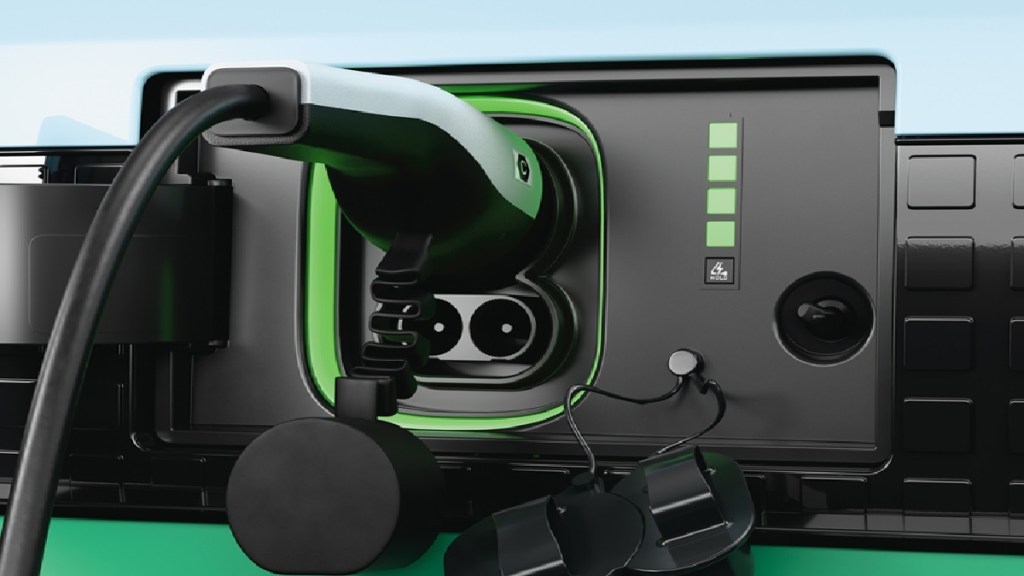
In the case of Hyundai Creta Electric – Hyundai has reported that the vehicle could charge to about 80% in 58 minutes but only with a DC fast charger. Which cannot be installed at homes and further you would have to visit a charging station to charge the vehicle with a DC fast charger which can be expensive in the long run.
Hyundai has also released specs of a 11kw AC charger that can be installed at home. But as of yet most Indian houses have a electrical house supply of a 7KW at max( can be increased at your will, with higher unit charges). So a 11kW Ac charger could only be installed if you increase your household electricity connection to get the charger installed, but then the.
Localization Plans for EV manufacturing
While both the brands might be launching products that would compete in the same segment, their approach has been beyond that of being mere manufacturers. Under the new schemes that have been implemented by the government both Hyundai and Suzuki have sought plans to manufacture in India and export to overseas market. This would help India in increasing their grasp in overseas market as well.
Comparison At A Glance
| Comparison | E-Vitara | Hyundai Creta Electric |
| Range | 500 km with the 61 KWH battery Pack | 473 km with the 51.4 KWH battery pack. 390 km with the 42 kwh battery pack |
| Battery Capacity | 49 as well as 69 KWH Battery pack | 42 kwh battery pack as well as a 51.4 KWH Battery Pack |
| Motor Capacity | Two motor configurations a 105 KWH, 128 KWH motor – Permanent magnet Synchronous Motor. | 99 KW for the 42 KWH battery and 126 KW for the 51.4 KWH Battery |
| Availability | prices have not been revealed would be available soon | Launched , Customers would be able to Book The Vehicle Soon |
| Prices | Expected – 20 to 25lakhs Rs or above | Starts at 17.22 Lakh Rs. |
The following comparison would help you choose better and choose.

